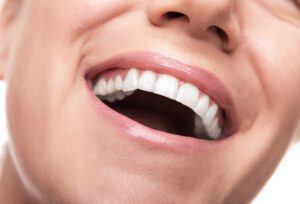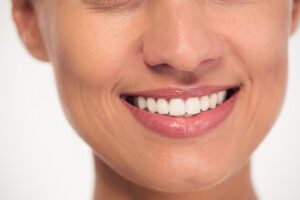Fissure sealant is a tooth coloured liquid which is applied on the chewing surface of adult molar teeth to prevent cavities from forming in early years. Once applied the coating is permanent, and will stay on your teeth for a number of years.
Why Do I Need Fissure Sealant?
Your back teeth are known as premolars and molars and have pits and grooves on the biting surface, some of which can be deep and difficult to keep clean with brushing.
Food particles can become trapped and this creates a perfect breeding ground for plaque bacteria which if left, will generate cavities. Fissure sealants work by filling the deep pits and grooves making it easier to clean your teeth and thus helping to prevent cavities from forming.
The Procedure
- The teeth which the sealants are being placed on will be cleaned and dried
- The chewing surface of the tooth will be prepared to accept the Fissure Sealant
- The Fissure Sealant is applied to the tooth using a small brush and then hardened by concentrated beam of ultraviolet light





